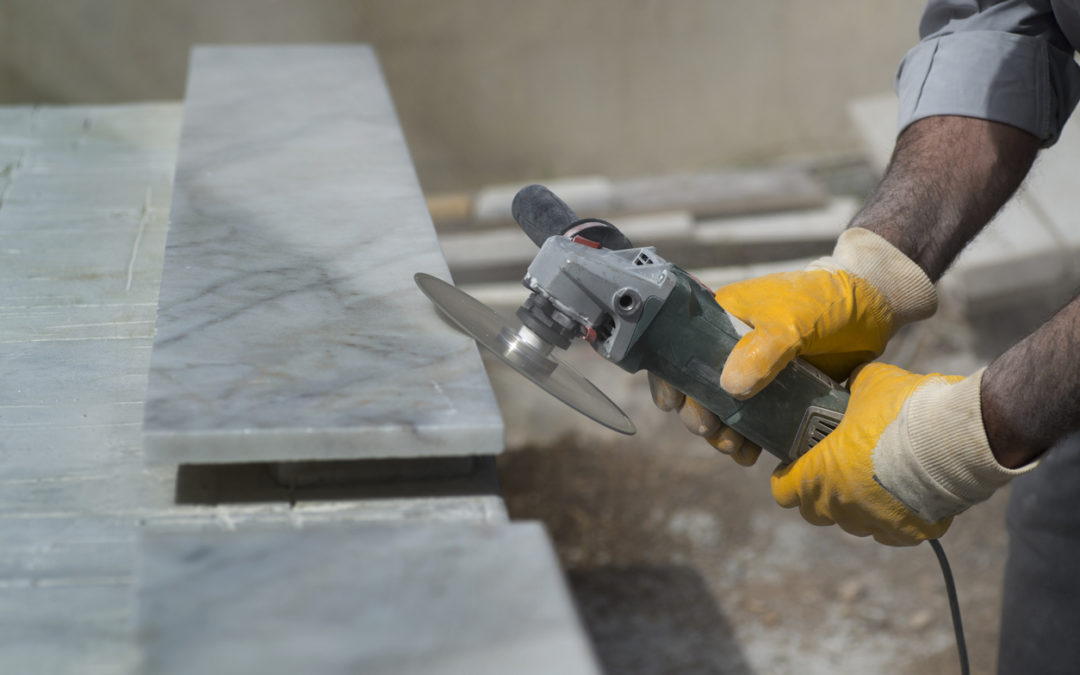A growing number of people who make or install quartz countertops have developed silicosis, an incurable and potentially deadly lung disease that is caused by breathing silica dust.
What You Can Do & How We Can Help
The Schmidt Firm, PLLC is currently accepting silicosis induced injury cases in all 50 states. If you or somebody you know has been diagnosed with silicosis after working with quartz countertops, you should contact our lawyers immediately for a free case consultation. Please use the form below to contact our Class Action Litigation Group or call toll free 24 hours a day at (866) 920-0753.
CDC Reports 18 Cases of Silicosis, 2 Deaths
In September 2019, the Centers for Disease Control and Prevention (CDC) reported 18 cases of silicosis, including 2 deaths, among workers making quartz-based countertops. Tragically, many of these victims were workers in their 30s who had no idea about the hazards of silica dust they were breathing on the job.
Silicosis Lawsuits
Many lawsuits have been filed by people with silicosis, but not as part of a class action lawsuit. Instead, they are individual lawsuits from people who have hired their own attorney to represent their case.
What Do Lawsuits Allege?
Silicosis lawsuits are typically filed by injured workers against companies that failed to provide protective equipment or warnings about the dangers of silicosis from working with stone countertops.
Silicosis Risks in Stone Countertop Industry
Silicosis is an occupational hazard for millions of workers in a variety of industries, but it is particularly serious for people who work with quartz countertops, also known as “engineered stone.” This type of stone has boomed in popularity in the U.S. in recent years.
Quartz Countertops Contain Over 90% Silica
Unfortunately, quartz countertops typically contain over 90% silica — which is significantly more than marble (under 10% silica) or granite (under 45% silica). Workers may be exposed to a hazardous amount of silica dust when they make, finish, or install these countertops.
Who is at Risk?
Silicosis is a life-threatening hazard for people who work in the stone countertop industry. This includes people who fabricate countertops in shops, people who finish and install countertops on site, and anyone who breathes silica dust where countertops are cut or polished.
Silicosis Symptoms & Long-Term Risks
- Shortness of breath
- Coughing
- Wheezing
- Trouble breathing
- Weakness
- Dizziness
- Lung infections (such as tuberculosis)
- Lung cancer
- Emphysema
- Chronic Obstructive Pulmonary Disease (COPD)
- Kidney disease
- Death
Can I Join a Class Action Lawsuit?
The Schmidt Firm, PLLC is nationally recognized as a class action law firm, but we are not currently filing a silicosis class action. Instead, we are filing individual lawsuits for people with silicosis or complications.
About Class Actions
The problem with a class action lawsuit is that everyone who joins the lawsuit shares the payout. This can have major disadvantages for people with silicosis because class actions are not designed to maximize compensation for individual members with severe injuries.
Why Our Law Firm is Filing Individual Lawsuits as Opposed to a Class Action
Silicosis is a progressive disease that can cause extreme pain and suffering, medical expenses, lost income, decreased quality of life, and even death. If you decide to file a lawsuit, our lawyers may be able to help you seek financial compensation for your losses.
Do I have a Silicosis Lawsuit?
The Schmidt Firm, PLLC is currently accepting silicosis induced injury cases in all 50 states. If you or somebody you know has been diagnosed with silicosis after working with quartz countertops, you should contact our lawyers immediately for a free case consultation. Please use the form below to contact our Class Action Litigation Group or call toll free 24 hours a day at (866) 920-0753.
Attention Lawyers: We consider a referral from another law firm to be one of the greatest compliments. If your firm is interested in referring us a case or for us to send you a list of previous award judgments and/or average referral fees, please visit the Lawyer Referral section of our website.


 The Schmidt Firm, PLLC has been recognized as one of the nation’s leading plaintiffs' law firms and handles cases in all 50 states. We are very proud of our legal achievements, but equally self-respecting of our firm's reputation for providing personal attention to each and every client we represent.
The Schmidt Firm, PLLC has been recognized as one of the nation’s leading plaintiffs' law firms and handles cases in all 50 states. We are very proud of our legal achievements, but equally self-respecting of our firm's reputation for providing personal attention to each and every client we represent.

